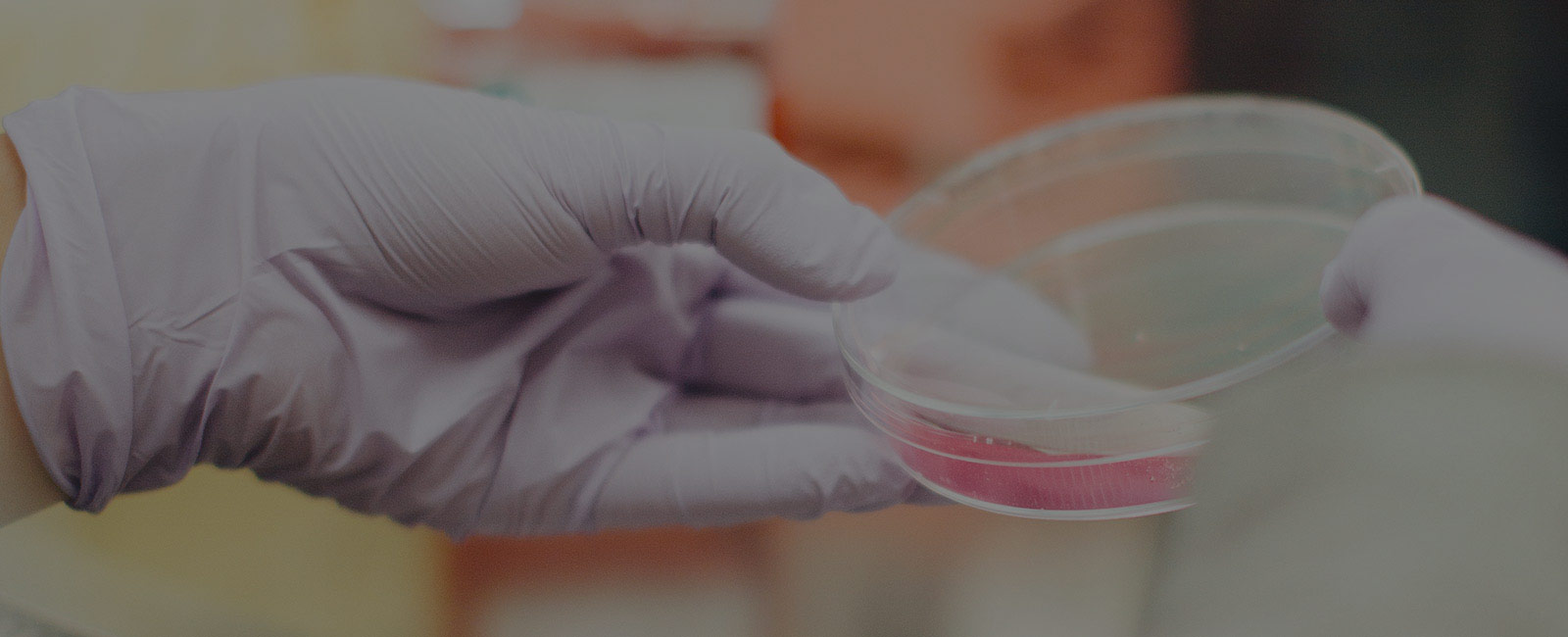Gastrointestinal dysfunction and disease is the most common cause of hospital admission in the UK, making it a heavy burden for patients, the NHS and the economy. The human gut affords an excellent opportunity for reducing the impact of gastrointestinal disease through dietary intervention. These target the so called “microbiome”, known to contain beneficial as well as pathogenic species. The gut microbiome is the totality of the mixed community of micro-organisms, including genetic components; microbial biodiversity and their resulting functionality.
Prebiotics are dietary ingredients selectively fermented by populations of gut bacteria seen as beneficial to health. A recent report from BCC Research has estimated the global market for prebiotics at $3 billion with double digit growth predicted until 2020. Applications are food and beverage (80%), dietary supplements and animal feed.
Objectives
Research undertaken by leading experts at the University of Reading (UoR) aimed to identify a method for ensuring that beneficial bacteria already present within the human gut grow at a faster rate than detrimental species, enhancing a positive gut microbiota composition and so improving health and wellbeing.
Outcomes and Impact
Researchers have developed and manufactured a prebiotic. This is a galactooligosaccharide (GOS), known as Bimuno, which is a synthetic lactose based oligosaccharide that, following ingestion, passes unchanged to the large intestine, where it serves as an energy source for certain saccharolytic bacteria. It specifically increases populations of beneficial colonic bifidobacteria.
This is an example of a research idea that has led to laboratory studies then human trials and ultimately a product available over the counter. The UoR research programme on Bimuno has lasted over 10 years. This ranged from a concept, to biotechnological synthesis of the product, through in vitro, animal and human trial testing. It has therefore exploited a range of facilities at the University, including pilot plant food processing, gut models, research farms and the human nutrition unit. The University has also partnered with clinical collaborators.
Following pilot plant level scale up with University facilities, a company was formed – Clasado – which then took this to factory level productions in Ireland. Bimuno was first launched in 2007 as a health supplement powder. Based on further UoR research, additional specific product variants of Bimuno were launched for elderly persons, traveller’s diarrhoea (Travelaid) and Irritable Bowel Syndrome (IBaid) These variants are specific to these target populations and use a pastillated form of the product (for improved taste and consumer ease of use). This range of functional food product formulations of the prebiotic are available at a variety of supermarket and high street outlets in the UK, such as Boots, Sainsbury’s and Tesco, as well as products containing it as a branded ingredient in North America.
Impact in the area of public health through functional food development has been generated in a number of areas:
- Producing a prebiotic effect in persons ostensibly free of disorder (aiming to reduce the risk of disorder and through prophylactic means).
- Helping to support gut health while abroad, especially in high risk destinations for gastroenteritis.
- Positively affecting certain markers of the metabolic syndrome in obese persons
The company behind Bimuno (Clasado) is now based in Reading in UK. It employs over 40 people. Bimuno is further validated and distributed through partnerships with a wide range of organisations, including the IBS network, British Global Travel Health Association, British Dietetic Association’s specialist interest groups, Association of British Travel Agents (ABTA) and Eurochange. Travel Health clinics have also partnered with Bimuno and have incorporated it into part of their regular advice to travelers.
Key staff
Professor Glenn Gibson, Professor of Food Microbiology, Head of Food Microbial Sciences, School of Chemistry, Food & Pharmacy, University of Reading
Professor Robert Rastall, Professor of Food Biotechnology, Department of Food and Nutritional Sciences, School of Chemistry, Food & Pharmacy, University of Reading
Professor Kim Watson, Professor of Structural Biochemistry, School of Biological Sciences, University of Reading
Professor Dimitris Charalampopoulos, Professor of Food Biotechnology, Department of Food and Nutritional Sciences, School of Chemistry, Food & Pharmacy, University of Reading

